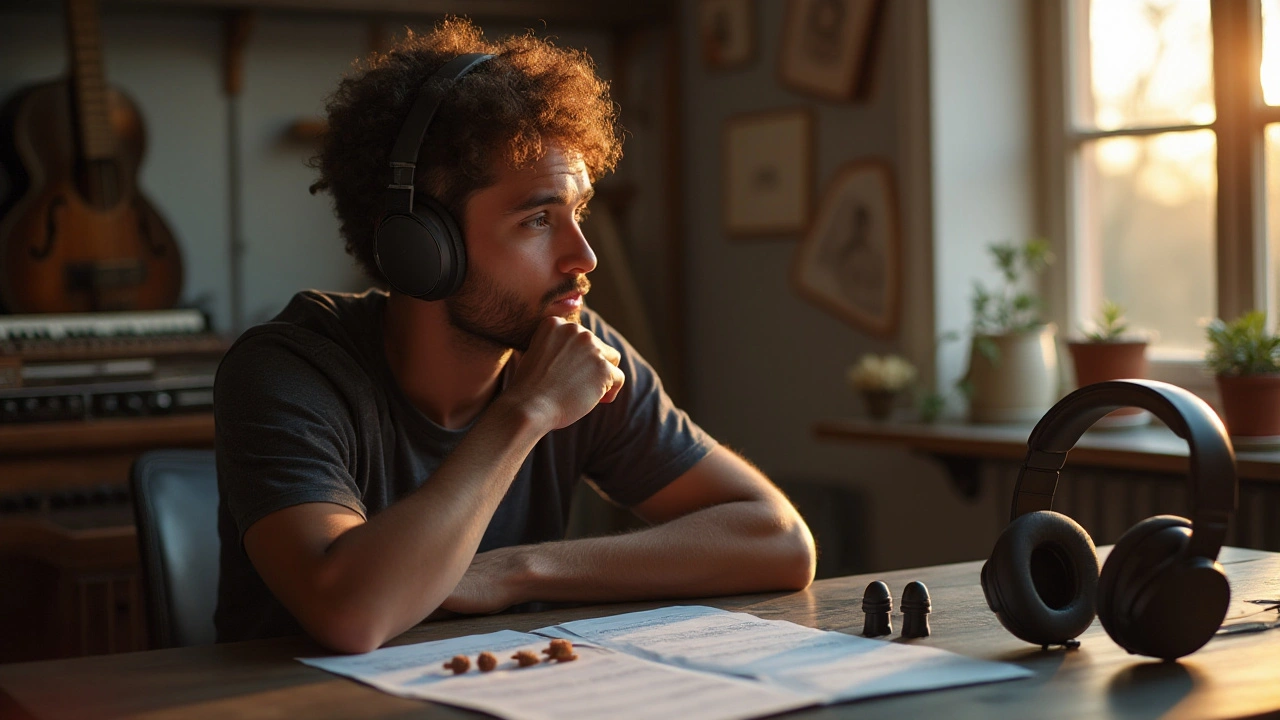Ear Health: Practical Tips for Ear Care & Hearing Protection
You can avoid most common ear problems with a few simple habits. This guide gives clear, practical steps for everyday ear care, spotting trouble early, and protecting your hearing without weird gadgets or long checklists.
Common ear issues and what to do right away
Earwax buildup: Earwax protects the ear, so don’t dig for it. If your ears feel blocked, try softening drops (baby oil or carbamide peroxide) for a few days, then let water from a shower rinse the outer ear. If it still feels blocked, see a clinician for safe removal—don’t use cotton swabs inside the ear canal.
Ear infections: Pain, fever, or fluid drain from the ear suggest infection. Kids often get middle ear infections after a cold. Keep them upright, manage pain with acetaminophen or ibuprofen per age guidance, and contact your doctor—some infections need antibiotics, others need watchful waiting.
Swimmer’s ear (outer ear infection): It starts with itching, then pain when tugging the earlobe. After swimming, dry ears thoroughly and tilt your head to help water drain. Use a hair dryer on low, held at arm’s length, to dry the ear. If you get pain or discharge, see a clinician—topical antibiotic drops are often needed.
Tinnitus (ringing): Short bursts of ringing after loud noise are common. Persistent ringing needs a checkup. Cut back on loud music, use noise limits on devices, and try background low-volume sound at night to help you sleep. A hearing test helps identify causes and options.
Protecting your hearing every day
Noise damage is the top preventable cause of hearing loss. Use earplugs at loud events, set earbuds under 60% volume, and take listening breaks every hour. For power tools or loud workplaces, use over-ear protection plus foam plugs for better noise reduction.
When to get a hearing test: If sounds seem muffled, you ask people to repeat themselves, or you struggle in noisy rooms, book a hearing check. Adults should test every few years; people exposed to loud noise, older adults, or those with ear symptoms should test yearly.
Kids need attention too: delayed speech, ear tugging, or repeated ear infections mean a pediatric visit. Early treatment keeps speech and learning on track.
Quick do’s and don’ts: Do dry ears after swimming, protect ears from loud noise, and see a provider for pain or discharge. Don’t insert cotton swabs, hairpins, or other objects into the ear canal, and don’t try forceful self-irrigation if you have a perforated eardrum or ear surgery history.
If you’re ever unsure, call your doctor. A short check now can prevent long-term hearing loss later, and most fixes are simple when caught early.

Protecting Your Hearing: Tinnitus Prevention for Musicians
Tinnitus, often described as a persistent ringing in the ears, poses a risk to musicians exposed to prolonged loud noises. This article examines how musicians can protect their hearing to prevent tinnitus. It explores causes, preventive measures, and innovative solutions that musicians can adopt. By understanding the impact of volume and using protective gear, musicians can safeguard their hearing health.
view more




